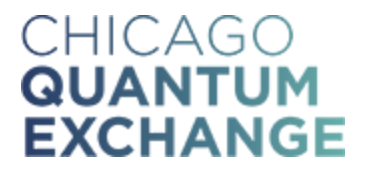 Read the full article at:
https://chicagoquantum.org/news/wonders-quantum-physics-program-inspires-next-generation-scientists-classroom-kits
Read the full article at:
https://chicagoquantum.org/news/wonders-quantum-physics-program-inspires-next-generation-scientists-classroom-kits
WQI News
Jason Kawasaki receives a Moore foundation young investigator award
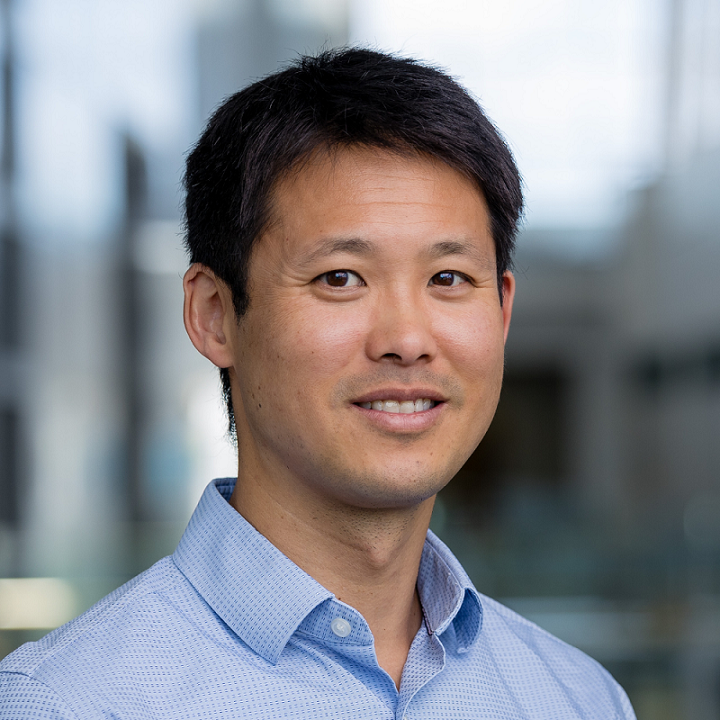 Read the full article at:
https://www.moore.org/investigator-detail?investigatorId=kawasaki-ph.d
Read the full article at:
https://www.moore.org/investigator-detail?investigatorId=kawasaki-ph.d
Congratulations to Omar Nagib and Minjeong Kim for winning 1st and 2nd prize at the first ever WQI best student paper competition!
The Wisconsin Quantum Institute selected four graduate student finalists who presented their work during a special colloquium today.
A 1st place prize ($1000) and a 2nd place prize ($500) were awarded to Omar Nagib and Minjeong Kim for their work on:
Omar Nagib – Efficient preparation of entangled states in cavity QED with Grover’s algorithm
Minjeong Kim – Broadband Light Extraction from Near-Surface NV Centers Using Crystalline-Silicon Antennas
The competition for AY25-26 will reopen during the Spring of 2026.
Congratulations to all presenters for their great work!

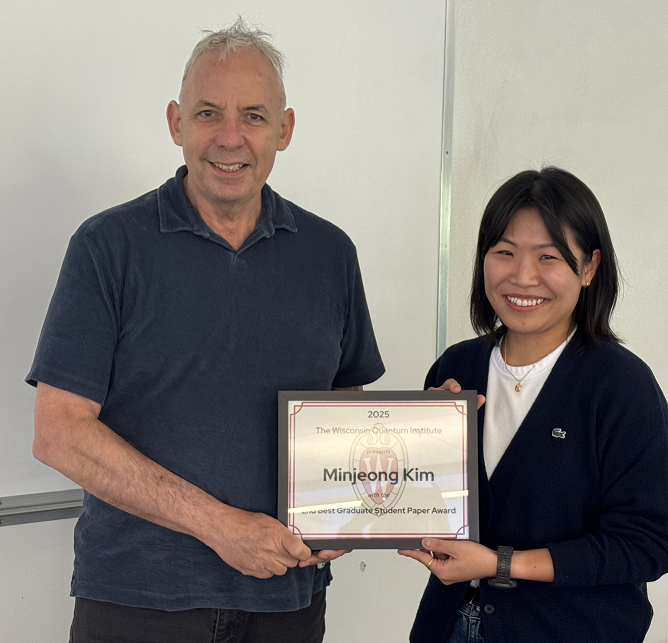
Roman Kuzmin earns NSF CAREER Award
Congrats to Roman Kuzmin, the Dunson Cheng Assistant Professor of Physics, for being selected for an NSF CAREER award. The 5-year award will support Kuzmin and his group’s research on understanding fluxonium qubits and how …
Read the full article at: https://www.physics.wisc.edu/2025/09/16/roman-kuzmin-earns-nsf-career-award/Mark Saffman’s group in the news!
Researchers at the University of Wisconsin-Madison and the University of Copenhagen recently introduced a new strategy to efficiently prepare entangled states in an optical cavity.
Read the full article at: https://phys.org/news/2025-08-grover-algorithm-efficiently-quantum-states.htmlProf. Jason Kawasaki receives one of the H.I. Romnes Faculty Awards
Matt Otten earns Air Force Young Investigator Research Program award

Matt Otten has won an Air Force Young Investigator Research Program (YIP) award, offered through the Air Force Office of Scientific Research. The program intends to support early-career scientists and engineers who show exceptional ability …
Read the full article at: https://www.physics.wisc.edu/2025/05/20/matt-otten-earns-air-force-young-investigator-research-program-award/Quantum Computing 101 – Listen to Swamit Tannu on WPR!
Congratulations to our MSPQC student, Henry Lin, for his team winning the BlueQubit’s challenge at the YQuantum hackathon event!
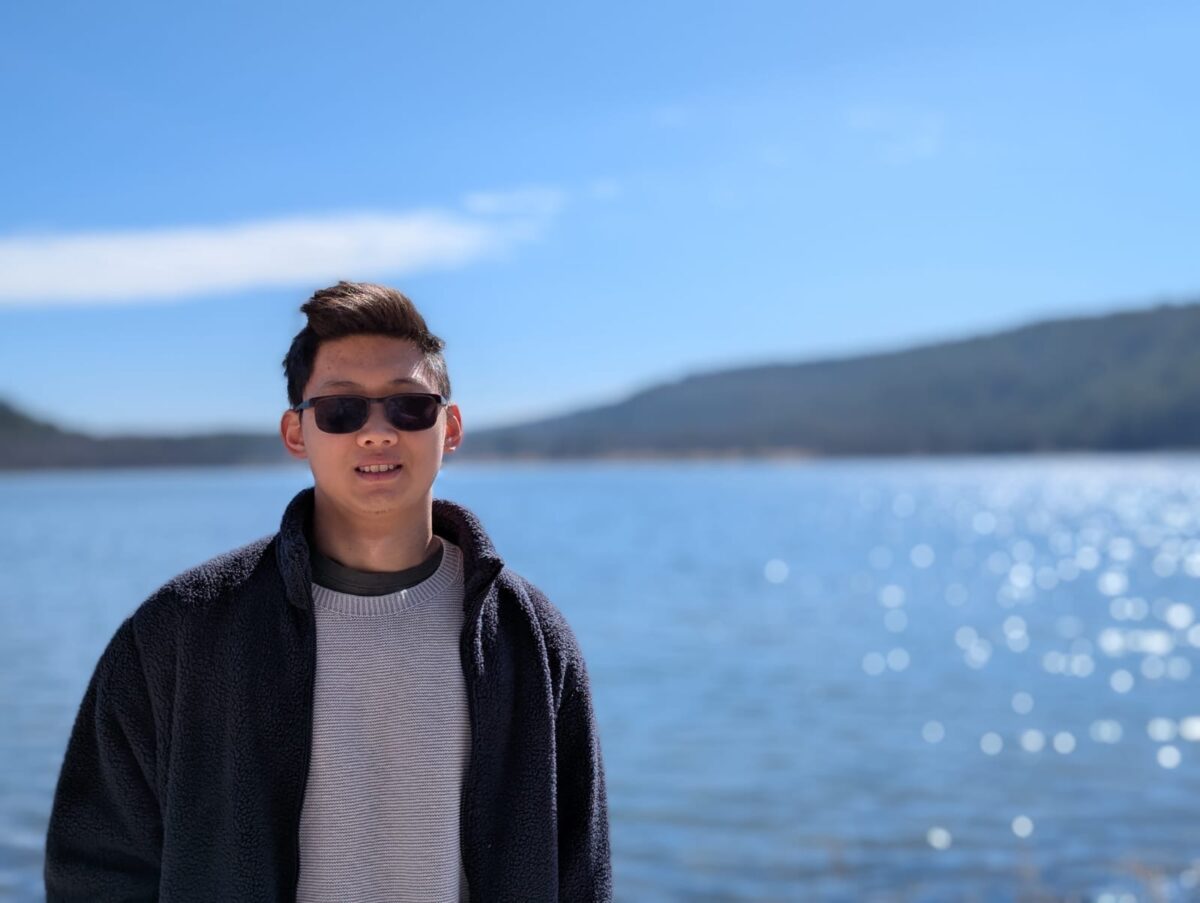
YQuantum is a hackathon organized by Yale every year. BlueQubit hosted their global challenge both remotely and in person at Yale. The challenge was about finding the hidden bitstring in a peaked circuit, an idea introduced by Scott Aaronson to show quantum advantage. In a peaked circuit, there is only one hidden computational basis state, or bitstring, that has a significantly higher amplitude than all other bitstrings. Given 6 peaked circuits, their task was to figure out the 6 hidden bitstrings. Circuits 4 to 6 were constructed in a way that was difficult to solve by a classical or a current quantum computer due to the large Hilbert space, depth of the circuit, and the number of operations. All teams present at YQuantum were able to figure out 3 out of the 6 hidden strings. Henry’s team gave the best presentation and the best possible solutions to solve circuits 4 to 6.
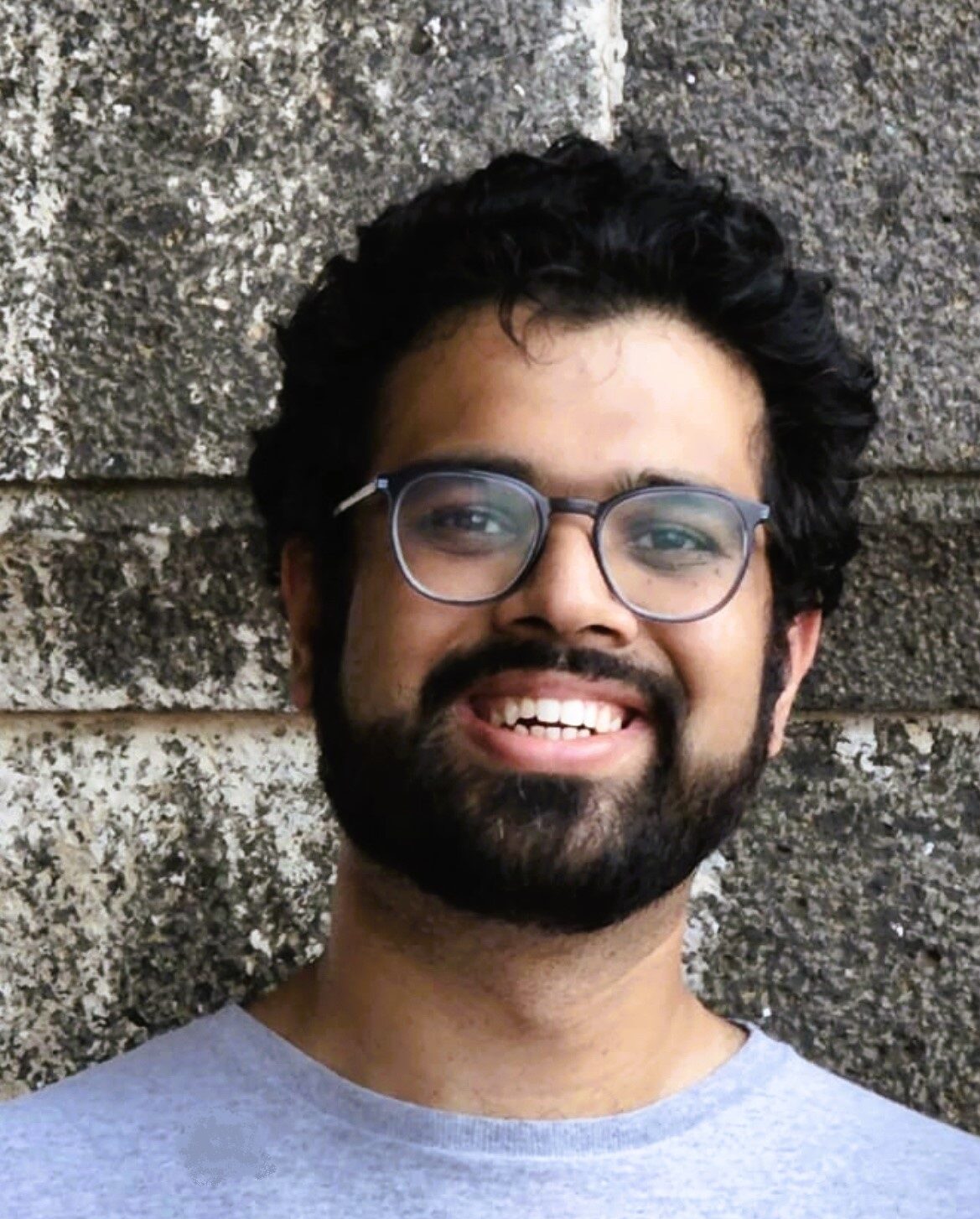 Read the full article at:
Read the full article at: